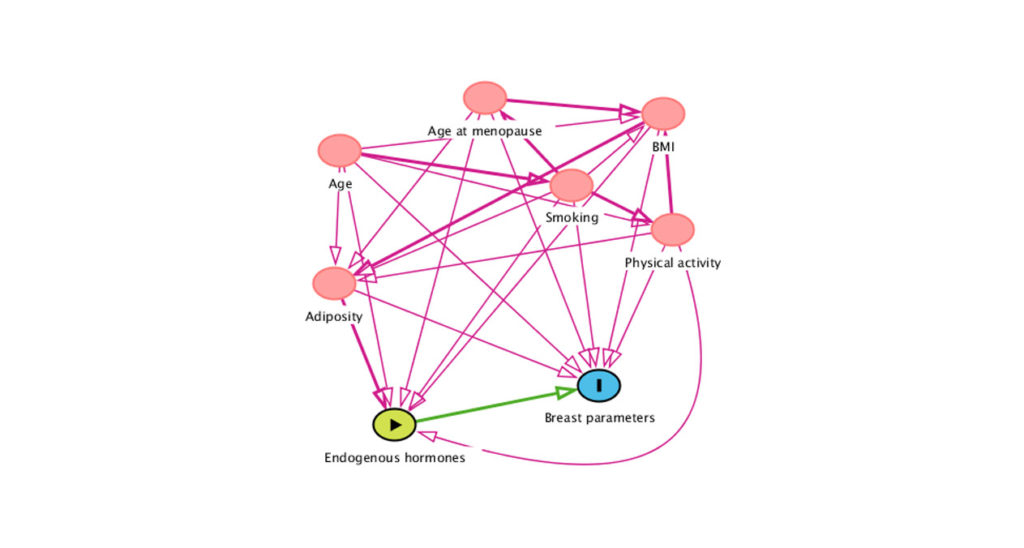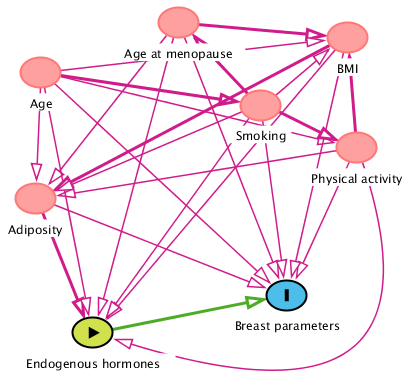
Dr Pascual G. Alfaro, head of the Dexeus Women’s Menopause Unit, has led a cross-sectional study that analyses whether there is an association between endogenous hormone levels and bone mineral density in postmenopausal women. The sample examined was a total of 798 postmenopausal women aged between 47 and 85 years.
Data were collected on age, age at menopause, years since menopause, smoking, body mass index, adiposity, BMD, physical activity and vitamin D supplementation. The hormonal parameters measured were: follicle stimulating hormone (FSH), oestradiol, testosterone, dehydroepiandrosterone sulphate, ∆4-androstenedione, cortisol, insulin-like growth factor-1, 25-hydroxyvitamin D and parathormone (PTH) levels. BMD was measured at the lumbar spine, femoral neck and total hip by dual-energy X-ray absorptiometry. A directed acyclic plot was used to select potential confounding variables. Results showed that postmenopausal women with higher FSH or PTH levels were more likely to have low BMD.

Reference article:
Association of Endogenous Hormones and Bone Mineral Density in Postmenopausal Women
García-Alfaro P, García S, Rodriguez I, Pascual MA, Pérez-López FR.
J Midlife Health. 2023 Jul-Sep;14(3):196-204. DOI: 10.4103/jmh.jmh_115_23